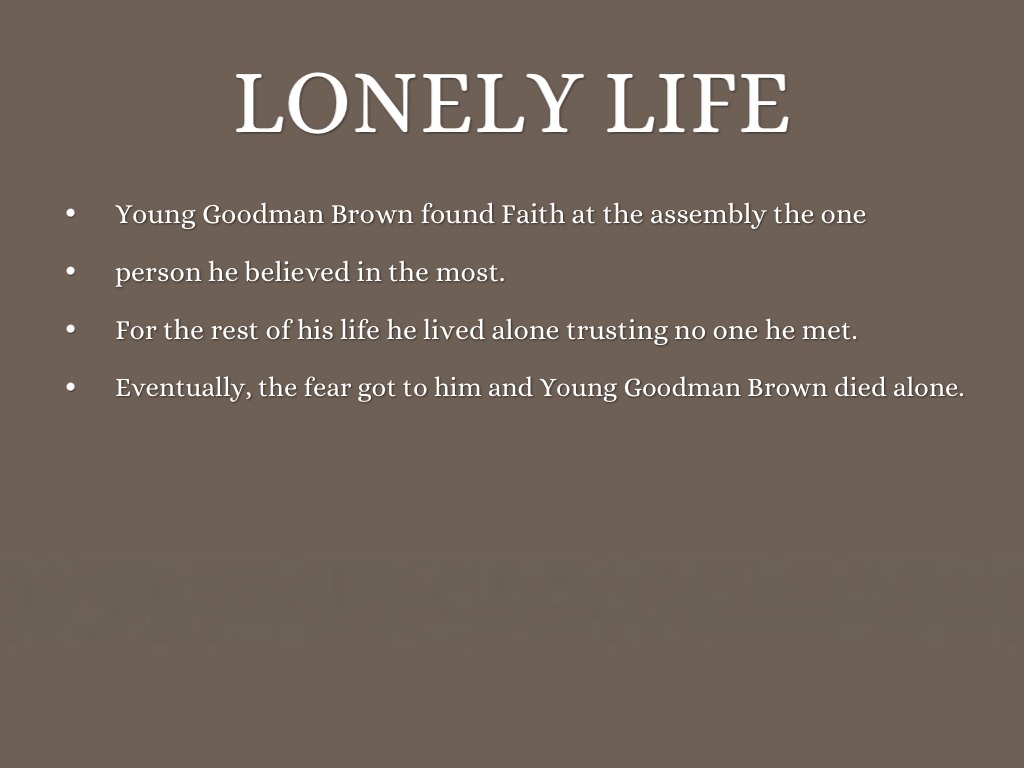In today's digital age, the concept of asking for help has taken on new dimensions, leading to the emergence of a phenomenon known as "dry begging." This term refers to the act of indirectly soliciting assistance or resources without explicitly stating the need. Dry begging often manifests in social media posts, comments, or conversations where individuals hint at their struggles, hoping for a compassionate response from friends, followers, or the public. As we navigate through life, we often encounter situations that lead us to seek support, but the manner in which we do so can significantly impact our relationships and the perception of our needs.
The allure of dry begging lies in its subtlety. It allows individuals to express vulnerability without overtly asking for help, often relying on social cues and the kindness of others to fill in the gaps. However, this approach can be a double-edged sword; while it may foster empathy and support, it can also lead to misunderstandings or feelings of resentment among those who feel manipulated or pressured to respond. In a world where authenticity is cherished, understanding the implications of dry begging is crucial for maintaining healthy relationships.
As we delve deeper into the nuances of dry begging, we will explore its implications, how it compares to direct requests for assistance, and the emotional dynamics at play. This article aims to provide insight into this complex behavior, shedding light on the motivations behind it and offering guidance on how to navigate this often-overlooked aspect of human interaction.
What is Dry Begging?
Dry begging, in essence, is the practice of hinting at one’s need for help without explicitly stating it. This can take various forms, such as vague social media posts, crying emojis, or even sharing personal struggles indirectly. The goal is often to evoke sympathy or assistance from others without the discomfort of directly asking. Here are a few examples of dry begging:
- Posting about financial struggles without asking for money.
- Sharing an emotional story and waiting for offers of support.
- Expressing exhaustion or sadness with the hope that someone will reach out.
Why Do People Engage in Dry Begging?
One of the primary reasons individuals resort to dry begging is the fear of vulnerability. By not directly asking for help, they can maintain a facade of strength while still seeking support. Other reasons may include:
- A desire to avoid rejection or judgment.
- Feeling uncomfortable with the idea of needing help.
- A belief that others should “just know” when someone is in need.
How Does Dry Begging Impact Relationships?
The impact of dry begging on relationships can be profound. While it may generate empathy and support in some instances, it can also breed resentment among friends and family who feel manipulated or frustrated by the lack of clear communication. It’s essential for individuals to recognize the potential consequences of this behavior, both positive and negative.
Is Dry Begging Effective?
The effectiveness of dry begging can vary widely depending on the context and the audience. Some may respond positively, offering help and support, while others may feel confused or unwilling to engage. In situations where direct communication is valued, dry begging may not yield the desired results.
What Are the Alternatives to Dry Begging?
Instead of dry begging, individuals can consider more direct approaches to seeking help. Here are a few alternatives:
- Clearly stating the need for support or assistance.
- Engaging in open conversations about struggles and challenges.
- Asking for help in specific ways, which can make it easier for others to respond.
How Can One Recognize Dry Begging?
Recognizing dry begging can be challenging, but there are common signs to look for. These include vague language, emotional expressions that seem exaggerated, and indirect references to hardships. By being aware of these signals, individuals can better understand the dynamics of their interactions and respond appropriately.
What Are the Risks of Dry Begging?
While dry begging may seem harmless, it comes with certain risks. These include:
- Straining relationships due to perceived manipulation.
- Creating misunderstandings or miscommunications.
- Leading to feelings of guilt or obligation among friends and family.
Can Dry Begging Be Beneficial?
In some cases, dry begging can lead to positive outcomes, such as fostering connection and support among friends. However, it is essential to balance this with the need for clear communication to ensure that relationships remain healthy and supportive.
Final Thoughts on Dry Begging
In conclusion, dry begging is a complex behavior that reflects the nuances of human interaction and the challenges of vulnerability. While it may provide a way to seek assistance without direct requests, it is crucial for individuals to recognize the potential implications of this approach. By fostering open communication and understanding, we can create a supportive environment that encourages honesty and connection, ultimately leading to healthier relationships.
You Might Also Like
Unraveling The Tragic Exodus Tyson Death Scene: A Heart-Wrenching Moment In Cinematic HistoryUnlocking The World Of Entertainment With Downloadhub. Us
Discovering The World Of Jackerman: All Videos Explored
Unraveling The Life And Legacy Of Rick Ness
Cecilia Vega: A Journey Through Her Life And Career
Article Recommendations
- Zeeko Zaki Wife
- Andy Richter Net Worth
- Is Jim Carry Religious
- Trashelle Odom Wiki
- Wichita S Craigslist Kings And Queens Meet The Power Users And Their Success Stories
- Dee Dee Blanchard Leaked Crime Scene Photos
- Richard Sherman Wife 5113425
- Gloria Borger Health
- Victoria Azarenka Boyfriend
- Simon Cowell Son Disabled


